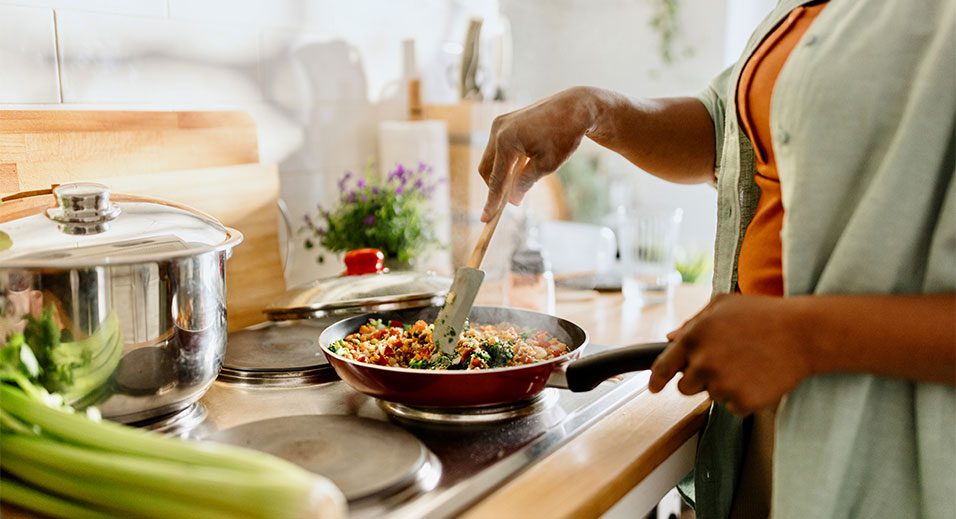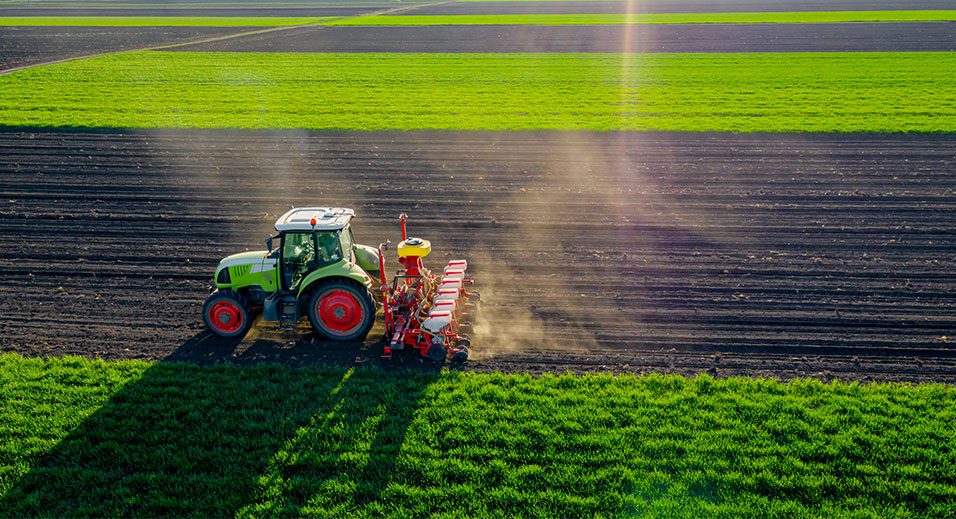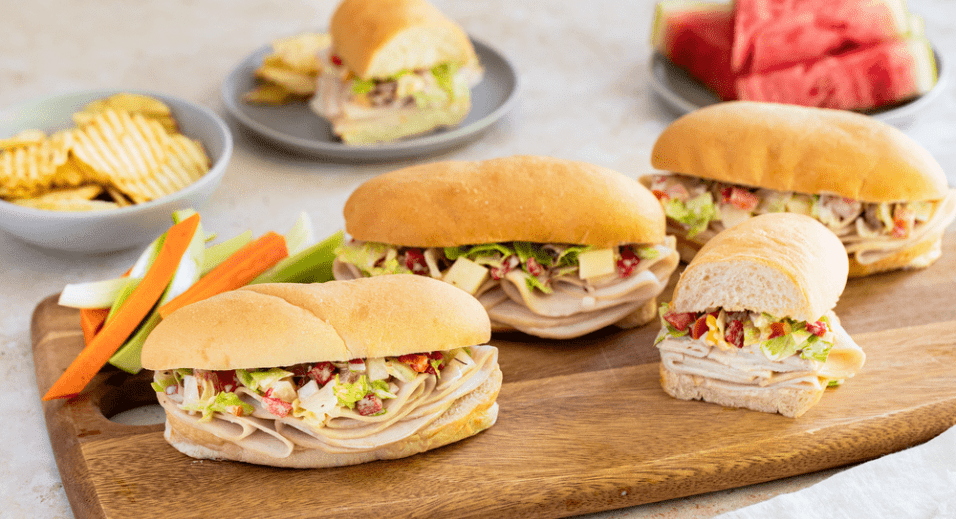How you can reuse your leftovers to save food and enhance your next dish!
By Chef Samantha Lazuric – Head of Culinary, Retail
Leftovers: we’re all familiar with them. After cooking and eating, it’s common that some ingredients and cooked food will be left over. However, it’s a bigger deal than we think – millions of tons of food that is still good to use ends up discarded each year, contributing to the larger problem of food waste around the world.
But living a more sustainable lifestyle can start in the kitchen! With a bit of resourcefulness and creativity, you can transform leftovers into tasty new dishes, even ones that you might not have thought to make in the first place. Read on for some useful tips on how to upcook and learn how you can effectively reduce waste, save money, and add variety to your meals!
Plan ahead: how to save food waste from step one
One of the easiest ways to manage leftovers is before they even become leftovers! When you’re making dinner, think about how much you plan to make and if you anticipate any extra food from your cooking. Consider any other meals that might benefit from these leftovers; for example, if you’re cooking chicken for dinner one day, you might plan to make some extra to use in a lunch salad or sandwich in the upcoming days.
You can also practice meal prepping, which simply means making multiple portions of one meal! Make a larger batch of your dinner and ration them out into a few days’ worth of meals to avoid having those stingy little leftovers that end up getting thrown out. This approach also makes weekday meal preparation way easier and faster when you can just pop a portion onto the stove or into the microwave and have it ready in minutes!
Store your leftovers properly
Storing your leftovers properly is crucial in keeping them fresh and delicious. Use airtight containers or plastic cling wrap to prevent your food from oxidizing and absorbing other odours in the fridge. To go an extra step, label your containers with the date they were stored and what’s inside to avoid the “mystery box” syndrome, where food in the fridge gets forgotten and eventually thrown away from spoiling.
If you don’t intend to use your leftovers right away, freezing is an excellent way to preserve them for future use and keep them safe to consume. For simplicity when thawing, portion out your leftovers into single servings before freezing, just like you would when meal prepping. Learn more about food safety and proper freezing and thawing in our blog post on kitchen safety.
Get creative with combos
Don’t be afraid to mix and match your leftovers! How to reuse leftover rice? Repurpose it into fried rice or a porridge. Leftover veggies can be tossed into a rice or pasta dish or blended into a creamy soup. Leftover meats can be added to salads or sandwiches. Even stale bread can be turned into crunchy croutons! The key to combining leftovers is to be open with experimentation – you never know what delicious new flavour combination you can discover.
Sometimes, leftovers might need a little boost to make them exciting and fresh again. A squeeze of lemon juice, a drizzle of olive oil, or fresh herbs can easily brighten up an old dish. You can also experiment with adding new spices or condiments to achieve a new flavour profile and a brand-new meal.
Know when to let go of leftovers
While upcycling and combining leftovers is a fantastic way to reduce food waste, it’s also important to recognize when it’s time to let go. If your food is showing signs of spoilage or has been sitting in the fridge for too long (they get lost in there sometimes!), it’s better to discard them than to risk any foodborne illnesses. A great way to dispose of unwanted food scraps is composting, which can be done from anywhere and offers lots of benefits for the environment!
On the same vein of letting go of food: if you find yourself with more leftovers than you can reasonably consume, try sharing them with loved ones! Spread the love of a homemade meal with friends, family, and neighbours.
There’s truly no downside to upcooking. By planning ahead and getting creative, not only are you reducing food waste, saving money, and making future meal preparation easier, it’s a deliciously simple process! Better yet, you can do it while feeling good and knowing you’re making a positive difference on the planet. And if you ever end up with too much food, you can brighten someone’s day by sharing the wealth. So, the next time you open your fridge, look at those leftovers with a fresh (pun-intended) perspective!



